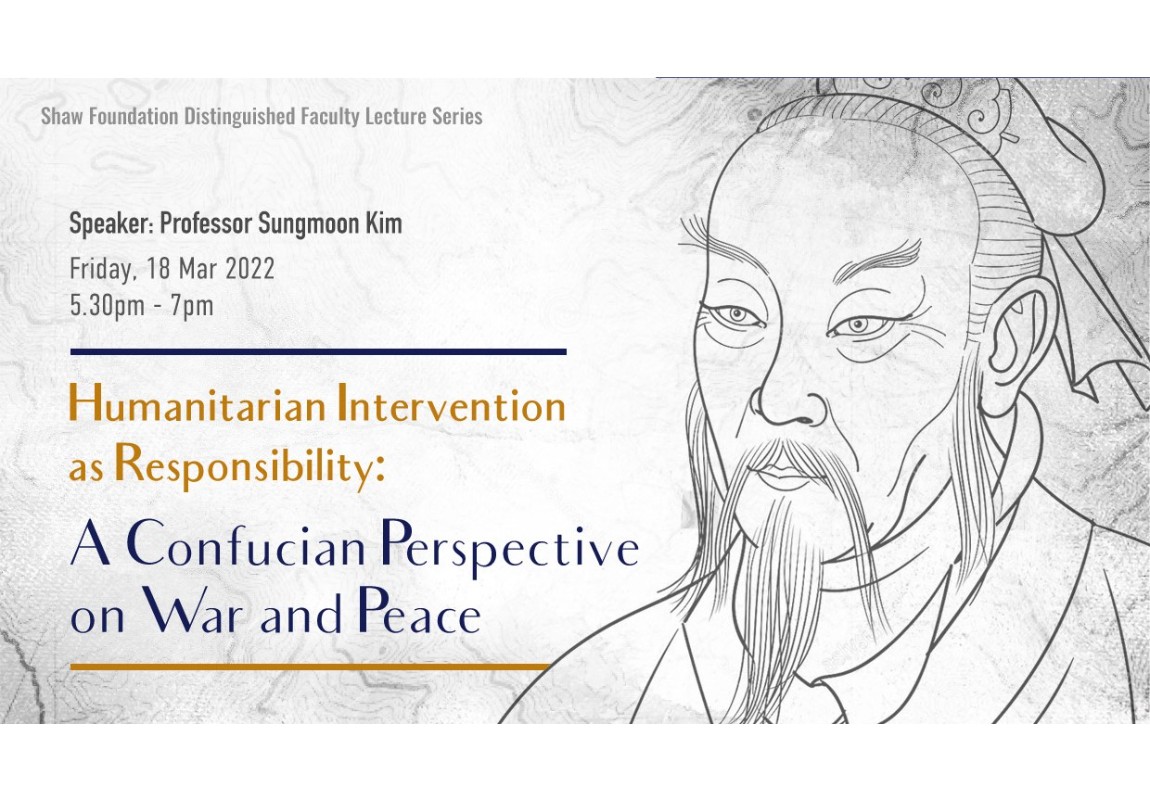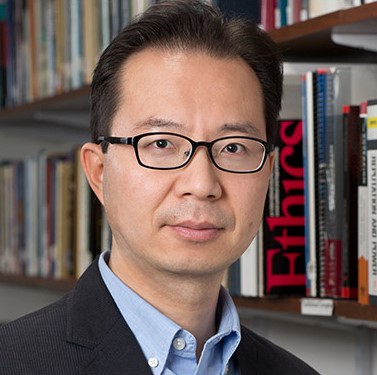
Sungmoon Kim
 |
Sungmoon Kim is professor of political theory in the Department of Public Policy at the City University of Hong Kong where he also serves as Associate Dean of the College of Liberal Arts and Social Sciences and Director of the Center for East Asian and Comparative Philosophy. Kim received his PhD in political science from the University of Maryland at College Park and taught previously at the University of Richmond (USA) and Yonsei University (South Korea). As 2017-18 Berggruen Fellow at Harvard University’s Edmond J. Safra Center Ethics, Kim published four solo-authored books including Democracy after Virtue: Toward Pragmatic Confucian Democracy (Oxford UP 2018) and Theorizing Confucian Virtue Politics: The Political Philosophy of Mencius and Xunzi (Cambridge UP 2020), along with numerous articles and book chapters on Confucian democratic and constitutional theory, comparative political theory, and the history of East Asian political thought. Kim’s new book entitled Confucian Constitutionalism: Dignity, Rights, and Democracy will be published by Oxford University Press. |
War and peace are commonly believed to describe the opposite states of affairs: war referring to the state of military fight and violence among opposing forces (most commonly states) and peace simply as the absence of war. Conceived as the antithesis of peace that is inherently good, war tends to be viewed as inherently evil, often associated with tyrannical government, military aggression, and genocide. The idea of “just war,” however, complicates our conventional understanding of war and peace by stipulating that some wars are morally justified in terms of purpose and conduct. This lecture examines the idea of just war in the Confucian tradition and discusses how ancient Confucians such as Mencius and Xunzi, all advocates of “humane government,” justified the use of military force in interstate governance precisely from the standpoint of humane government. This examination will further help us reconceive state sovereignty in the world of interdependence as well as the meaning of war and peace.